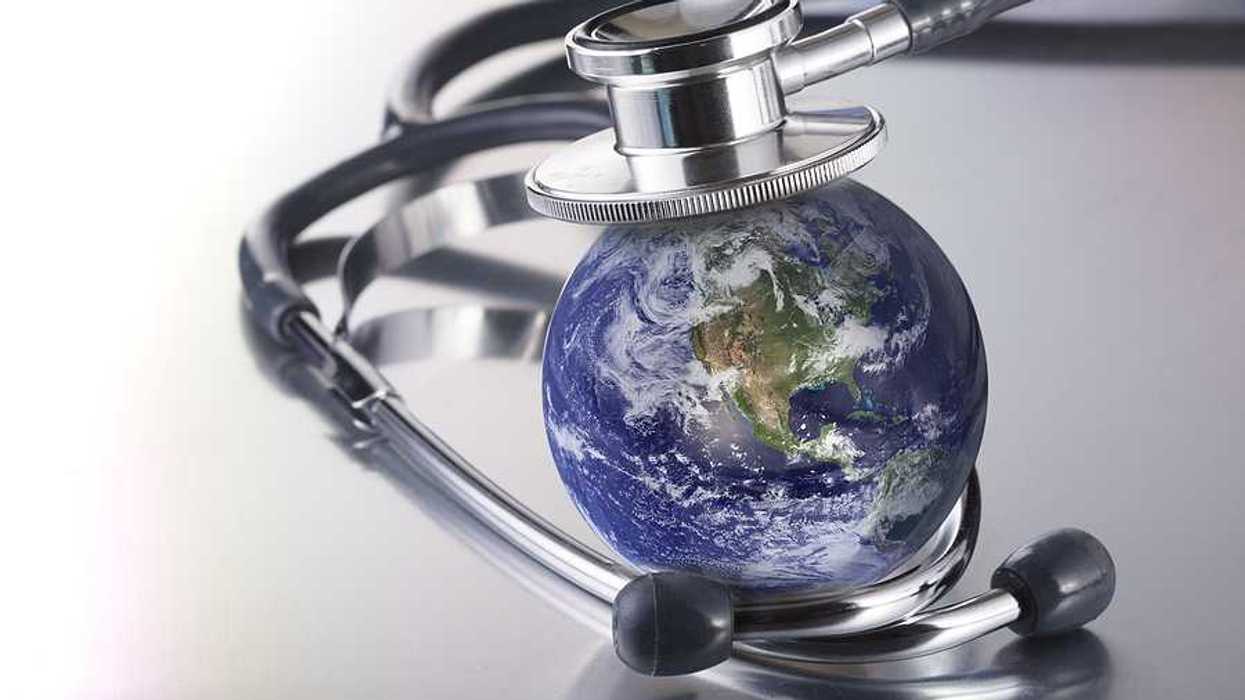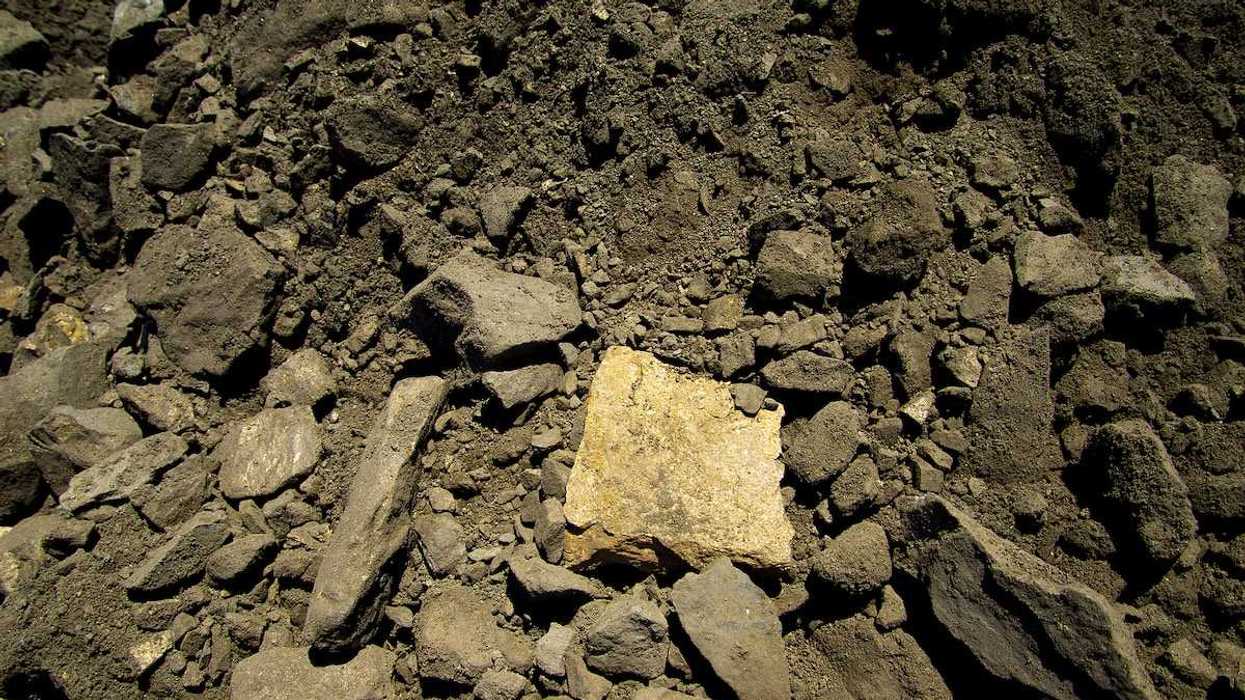A new scientific review finds that microplastics are not only polluting the planet but interfering with our hormones, damaging reproductive organs, and costing the U.S. billions in healthcare.
Natasha Gilbert reports for U.S. Right To Know.
In short:
- Micro- and nanoplastics release toxic chemicals that disrupt key parts of the endocrine system, including the hypothalamus, pituitary, and thyroid glands.
- These plastic particles can accumulate in organs like ovaries and testes, harming fertility in both men and women, and possibly increasing the risk of reproductive cancers.
- Scientists say current regulations are failing to keep up with the mounting evidence, and they’re urging world leaders to back a global treaty to curb plastic production.
Key quote:
“We are already seeing the impacts of plastic pollution on our health and our children’s health….The solution is to cap and reduce plastic production.”
— Tracey Woodruff, professor and director of the Program on Reproductive Health and the Environment, University of California, San Francisco
Why this matters:
This sweeping scientific report lays out how micro- and nanoplastics are doing more than littering the planet — they’re infiltrating our bodies and potentially disrupting the delicate hormonal systems that govern everything from metabolism to fertility. While plastics have become a cornerstone of modern convenience, this science suggests we’ve ignored their long-term biological tab. And it’s adding up: billions of dollars in health costs, and a generation potentially struggling with fertility and hormonal imbalances.
Read more:














